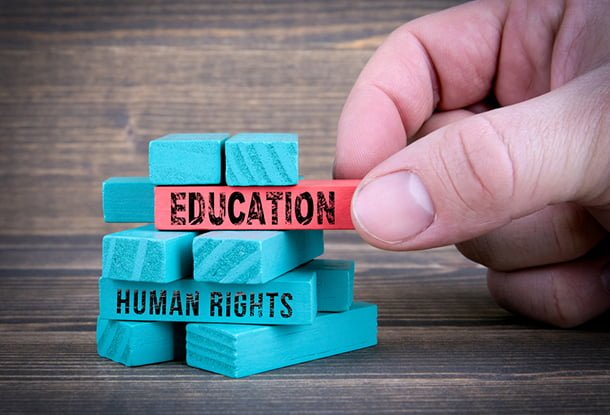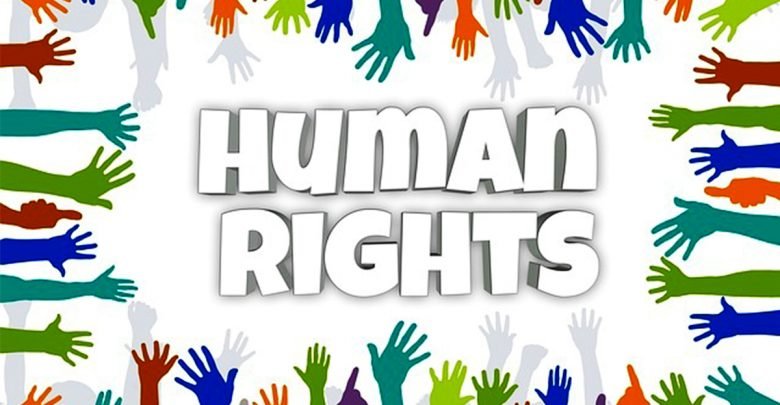How to Educate on Human Rights
Educating on human rights is crucial for fostering a more just and equitable society. By imparting knowledge about fundamental rights, individuals and communities can advocate for themselves and others, ensuring that human dignity is upheld. This article explores various approaches to educate on human rights and highlights effective methods for spreading awareness and fostering understanding.

Importance of Educating on Human Rights
The Need for Awareness and Understanding
Educating on human rights is essential because it empowers individuals to recognize and assert their rights. Awareness of human rights principles helps prevent abuses and promotes social justice. When people understand their rights, they are better equipped to challenge violations and advocate for change. Consequently, education plays a vital role in creating a more informed and engaged citizenry.
Promoting Social Justice and Equality
Education on human rights contributes significantly to promoting social justice and equality. By understanding the rights and freedoms guaranteed to every individual, people can work towards dismantling systemic inequalities and discrimination. Human rights education fosters empathy and encourages a culture of respect and inclusivity, which is foundational for achieving equity in society.
Effective Methods to Educate on Human Rights
Integrating Human Rights into School Curricula
One effective way to educate on human rights is by integrating these topics into school curricula. Schools play a crucial role in shaping young minds and providing foundational knowledge about rights and responsibilities. By including human rights education in subjects like history, social studies, and civics, educators can help students understand the significance of human rights and their relevance in everyday life.
Utilizing Community Programs and Workshops
Community programs and workshops are also valuable tools for educating on human rights. Local organizations, nonprofits, and advocacy groups can organize events, seminars, and training sessions to raise awareness and provide information on human rights issues. These programs often engage community members in discussions, activities, and simulations that illustrate the importance of human rights and how to protect them.
Leveraging Technology and Media
Utilizing Digital Platforms for Awareness
Technology offers numerous opportunities to educate on human rights. Digital platforms, such as websites, social media, and online courses, can reach a wide audience and provide accessible information on human rights topics. Online campaigns, webinars, and interactive tools can engage individuals and encourage them to learn more about human rights issues and advocacy strategies.
Creating Informative Content
Creating informative content, such as videos, blogs, and infographics, is another effective way to educate on human rights. Engaging content can capture the audience’s attention and convey important messages in an accessible and impactful manner. Educational materials should be clear, accurate, and tailored to the audience’s needs to maximize their effectiveness.
Encouraging Active Participation and Advocacy
Promoting Volunteerism and Activism
Encouraging active participation is a key aspect of educating on human rights. By involving individuals in volunteer work and activism, educators can help them apply their knowledge and advocate for human rights in practical ways. Volunteer opportunities with human rights organizations, community service projects, and activism campaigns allow individuals to contribute to meaningful change and support rights-based initiatives.
Fostering Dialogue and Discussion
Fostering open dialogue and discussion about human rights issues is crucial for deepening understanding and encouraging advocacy. Hosting forums, debates, and discussion groups can create a space for individuals to explore human rights topics, share perspectives, and address challenges. Engaging in thoughtful conversations helps to build a more informed and proactive community.
Measuring the Impact of Human Rights Education
Assessing Knowledge and Attitudes
To evaluate the effectiveness of human rights education, it is important to assess changes in knowledge and attitudes. Surveys, quizzes, and feedback forms can help gauge the impact of educational programs and identify areas for improvement. Measuring how well individuals understand human rights concepts and their willingness to engage in advocacy can provide valuable insights into the success of educational efforts.
Evaluating Long-Term Outcomes
In addition to immediate assessments, evaluating long-term outcomes is essential for understanding the broader impact of human rights education. Tracking changes in behavior, advocacy involvement, and community engagement over time can reveal the lasting effects of education on individuals and society. This evaluation helps to refine and enhance educational strategies for greater impact.
Conclusion
Educating on human rights is fundamental for fostering a just and equitable society. By integrating human rights into school curricula, utilizing community programs, leveraging technology, and encouraging active participation, we can effectively spread awareness and empower individuals. Measuring the impact of these educational efforts ensures that they remain effective and responsive to evolving needs. Ultimately, a well-informed and engaged public is crucial for upholding and advancing human rights globally.



